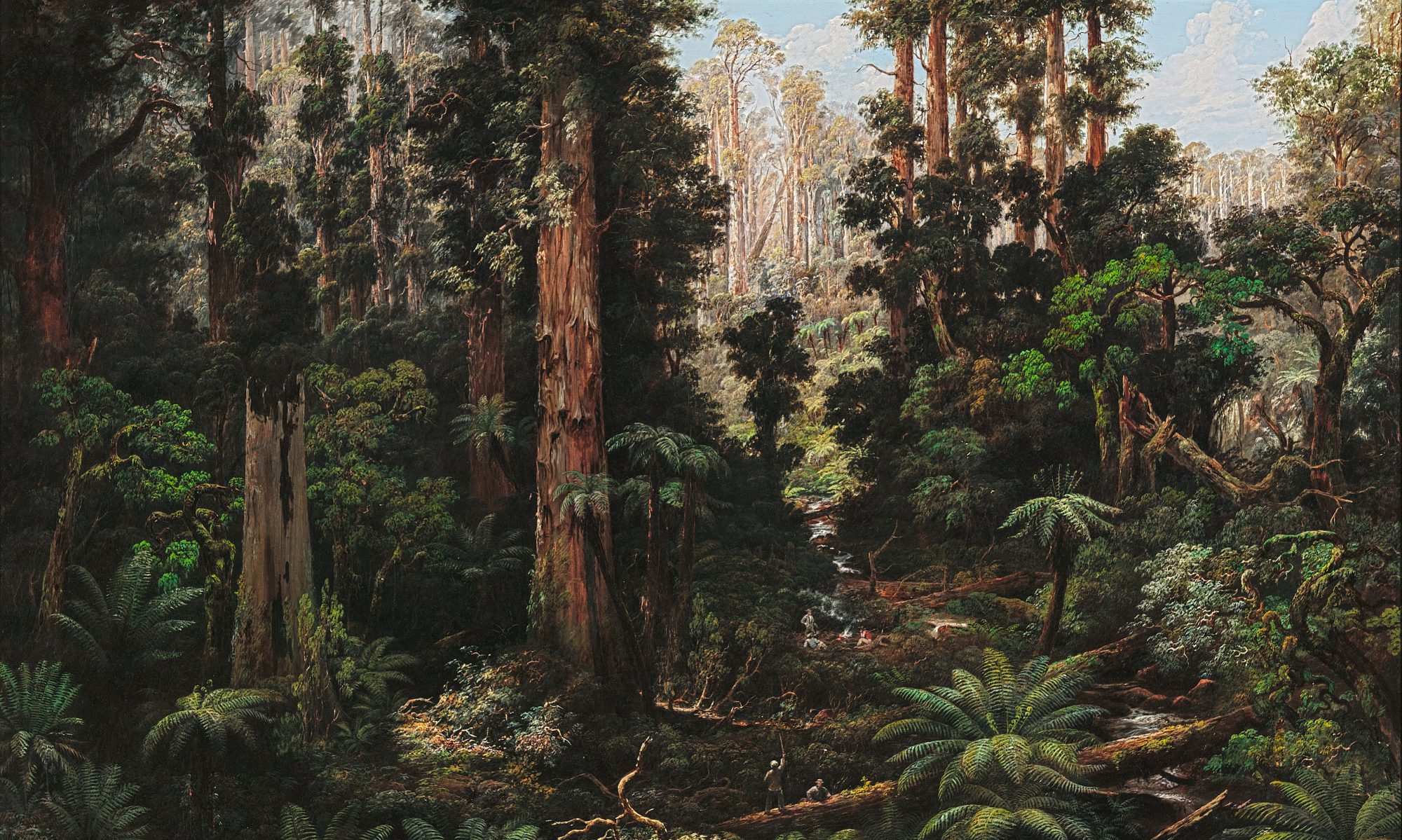Today, we released the new version v2023.09 (Elderberry) of OGDF.
This release marks the beginning of public OGDF development on GitHub! Hooray!
Finally, bug fixes and new features will be directly available to the public.
While certain research branches will still have to be kept in a private repository until the corresponding scientific results have been published, the bulk of the development now happens on GitHub. Most importantly, this means that members of the GitHub community can participate in the development of the OGDF in a more direct manner.
We also want to highlight ogdf-python: These python bindings for the OGDF have proved to work quite well, also in conjunction with Jupyter Notebook. Try them out!
Further, we now have conan and vcpkg packages for the OGDF available.
Major Additions Regarding Public OGDF Development
The following new additions will facilitate OGDF development:
- new dev-guide, inviting you to contribute!
- code style via clang-format (see
.clang-formatin the root directory):- new script
test_clang_format.shfor easy code style enforcement, using a public docker image when the correct version is not installed locally - accordingly reformatted code base
- new script
- continuous integration (CI) using GitHub Actions:
- publicly available docker images for the CI, and scripts to build these images
- scripts for compiling and running OGDF
- for Linux, Mac and Windows (the former two using ccache)
- for different build types (Release, Debug)
- for different compilers (gcc, clang)
- with or without Gurobi as the ILP solver
- scripts for style checks beyond clang-format
New Features and Bug Fixes
Concerning the main code base, this release includes many new features, bug fixes, tests and documentation improvements. Most noteworthy are:
- compilation fixes, including:
- C++20 compatibility
- ARM64 Windows builds
- cross-compilation for Windows on Linux
- new geometric crossing minimization functionality:
- new
MaximumDensitySubgraph - new minimum cut algorithms:
MinimumCutModuleMinimumCutNagamochiIbarakiMinimumCutStoerWagner, a rewrittenMinCutwith performance in mind
- new planar separator algorithms:
PlanarSeparatorModuleSeparatorDualSeparatorDualFCSeparatorHarPeledSeparatorLiptonTarjanSeparatorLiptonTarjanFC
- new spanner algorithms:
SpannerModuleSpannerBasicGreedySpannerBaswanaSenSpannerBermanandSpannerBermanDisconnectedSpannerElkinNeimanSpannerIteratedWrapperSpannerKortsarzPeleg
- new
findMaximumCardinalityMatching() - new
MaxAdjOrdering::calcForest()andMaxAdjOrdering::visualize() - new
globeGraph()generator GraphIO:- new
drawTikz()allowing to write out graphs as LaTeX/TikZ - new
GraphAttributes::isUniform()to test attribute uniformity drawSVG()no longer dashes arrow heads of dashed arrowsdrawSVG()now correctly uses its given settingsreadDL()no longer fails when reading nodes with index nreadGML()no longer crashes on malformed index datareadGraphML()now accepts yFiles yEd files
- new
- layouts:
- rewritten
RadialTreeLayoutnow ensures planarity - new
setForcing2DLayout()forPivotMDSandStressMinimization,
ensuring a 2D-layout even whenGraphAttributes::threeDis set
- rewritten
Contributors
This release contains (big and small) contributions by Dominik Potulski, Finn Stutzenstein, Hendrik Brückler, Ivo Hedtke, Jens Schmidt, Jöran Schierbaum, Kassian Köck, Marcel Radermacher, Mark Scheibner, Max Ilsen, Mirko H. Wagner, Sascha Alder, Simon Dominik “Niko” Fink, Stephan Beyer, Thomas Klein, and modmuss50 on GitHub.

